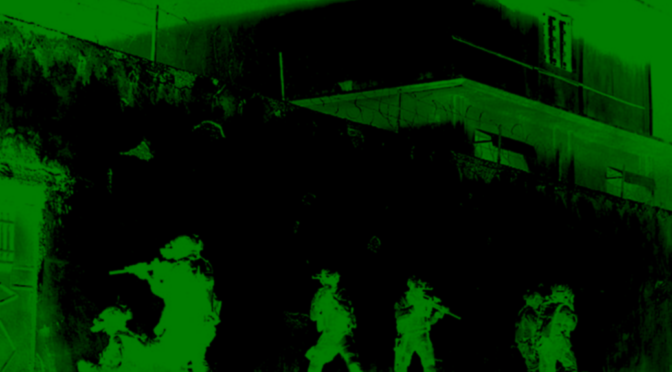The United States government’s 1793 prosecution of Gideon Henfield represents the first instance of the lawfare engaged in by the fledgling government. Over the course of the decades that followed, criminal prosecution became a default selection for addressing national security threats. This article examines how the Washington Administration utilized law as a weapon to defend… Continue reading Replacing the “Sword of War” with the “Scales of Justice”: Henfield’s Case and the Origins of Lawfare in the United States
Category: The Constitution
Before Privacy, Power: The Structural Constitution & the Challenge of Mass Surveillance
The rich legal literature that has grown up to assess the constitutionality of bulk communications collection by the government has focused overwhelmingly—and understandably—on the challenge such programs pose to particular claims of individual right against the state, yet attempting to describe what seems troubling about bulk collection in terms of individual rights alone has significant… Continue reading Before Privacy, Power: The Structural Constitution & the Challenge of Mass Surveillance
The Covert Action Statute: The CIA’s Blank Check?
MAJ Peter Combe argues that the covert action statute prohibits the Central Intelligence Agency from violating self-executing treaties to which the United States is party, as well as non-self-executing treaties and customary international law implemented by statute, but it provides domestic legal authority to violate non-self-executing treaties and customary international law that have not been… Continue reading The Covert Action Statute: The CIA’s Blank Check?



